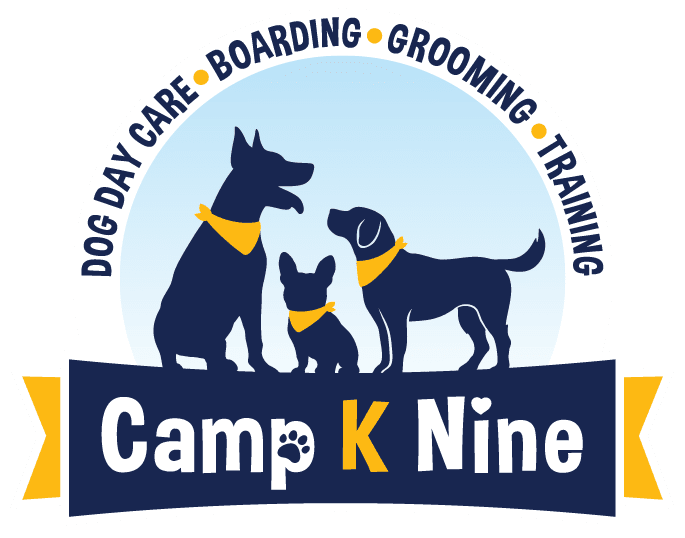Can Senior Dogs Learn New Tricks?

Posted on July 28, 2024
The age-old adage, "You can't teach an old dog new tricks," is a phrase that resonates with many, often used to highlight the challenges individuals face when trying to adopt new habits. While this saying is deeply ingrained in popular culture, it may not accurately reflect reality. So, can senior dogs learn new tricks?
In this article, the Camp K Nine Dog Training Academy, renowned for superior canine training in NJ, delves into this topic.
Dispelling Myths: Training Senior Dogs
If you've recently welcomed an older dog into your household and are pondering the question, "Can you teach an old dog new tricks?" rest assured, the answer is a resounding yes. Commonly, it's believed that puppies grasp new skills more quickly due to their curiosity and high energy levels. However, senior dogs exhibit remarkable learning capabilities as well. While they may experience a decline in agility, this often leads to enhanced focus, enabling them to learn new tricks with ease.
Essential Tips for Teaching Old Dogs New Tricks
When engaging in training sessions with your senior dog, consider the following key tips:
Exercise Patience: Older dogs may require additional time to adapt to new routines due to decreased energy levels. Patience is crucial throughout the training process, particularly if your dog has hearing or visual impairments. Exploring alternative communication methods can aid in their learning.
Keep Sessions Concise: Senior dogs may have prolonged concentration spans due to their maturity. Keep training sessions brief to maintain engagement and maximize learning outcomes.
To ensure successful training sessions with your older canine companion, it is essential to implement the following professional guidelines:
1. Optimal Session Duration:
While senior dogs may possess heightened concentration levels, their ability to maintain focus diminishes over short periods. To prevent frustration, boredom, or fatigue, it is advisable to keep training sessions concise. Be attentive to signs such as drooping ears and yawning, indicating a need for breaks.
2. Appropriate Trick Selection:
Prioritize your dog's safety and well-being by selecting tricks that align with their physical capabilities. Avoid tasks that may strain or harm your dog and instead focus on gentler, less demanding tricks to facilitate efficient learning.
3. Positive Reinforcement:
Employ the method of positive reinforcement to encourage and motivate your senior dog during training sessions. Offer verbal praise and rewards, such as treats, to reinforce desirable behaviors and promote a positive learning experience.
4. Expert Guidance:
For tailored guidance and support in training your senior dog, seek assistance from professionals at Camp K Nine Dog Training Academy . Our expertise and experience have enabled numerous dog owners to cultivate enriching relationships with their aging companions. Benefit from our resources, including training treats, practice exercises, and expert advice to enhance your dog's learning journey.
Contact Us
Contact Form
An email will be sent to the owner.

